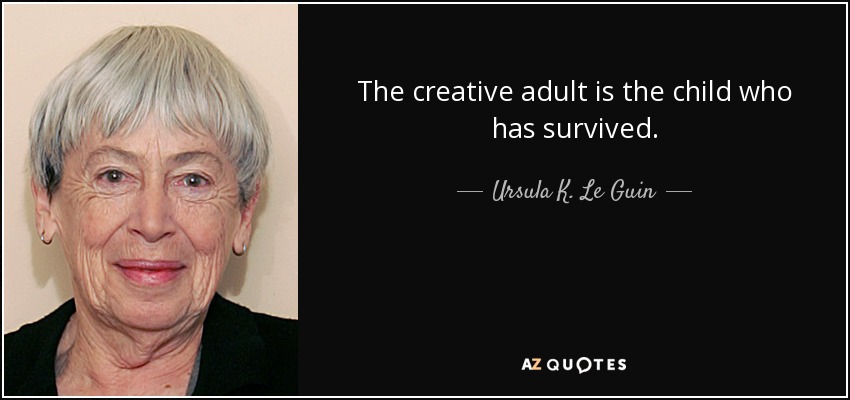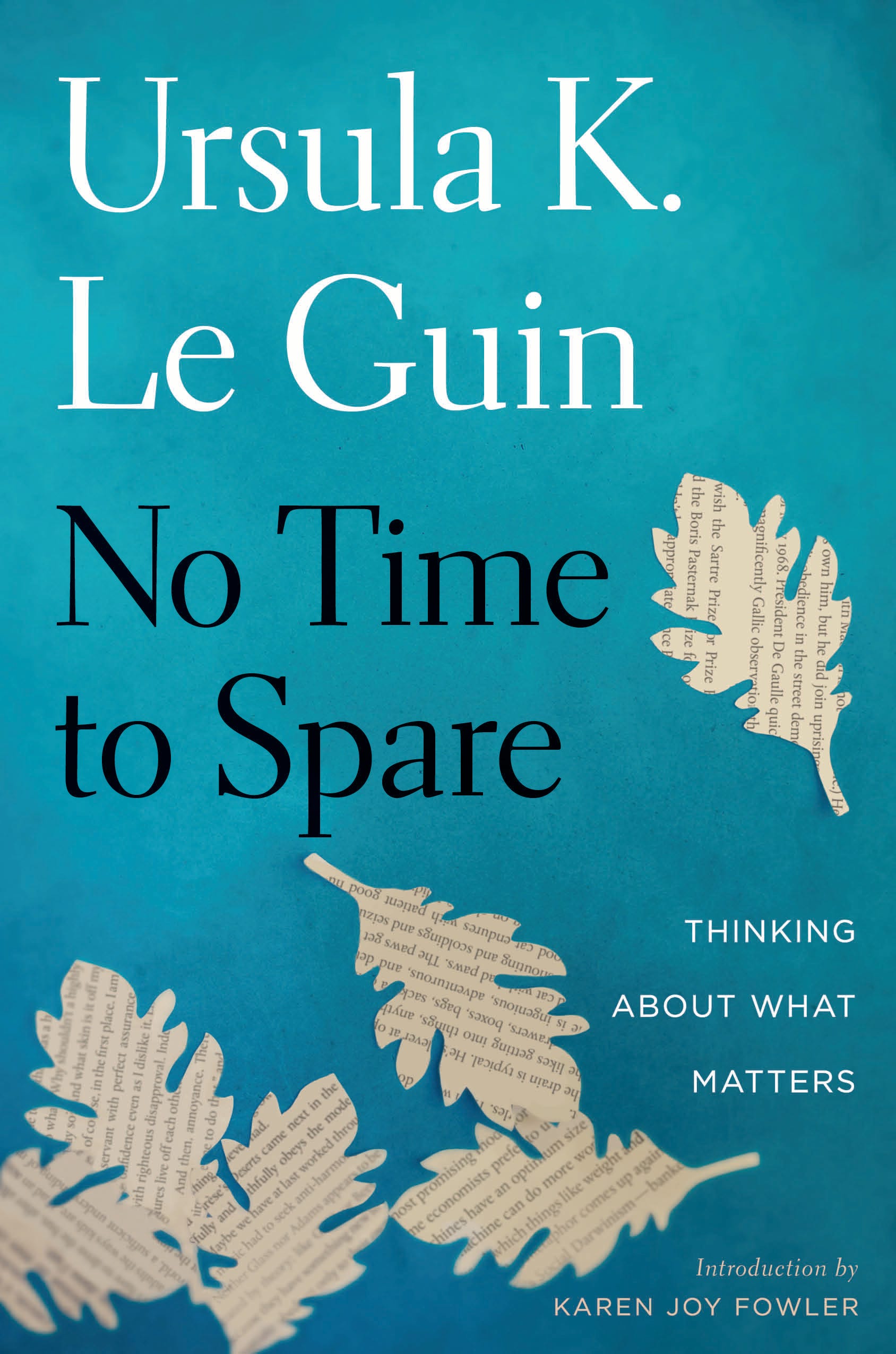
“So our job,” she continues, “is to keep the inequity of power as small as possible, and refuse to let our common humanity be reduced, however slightly, even by a careless word, by an assertion of unequal worth.” Le Guin, in step with her legacy, challenges us to reconsider what we automatically accept.From acclaimed author Ursula K. “Democracy, by strenuously denying the fact of inequality, does enable us, to a surprising extent, to act as if it didn’t exist but it does exist, and we know it,” Le Guin observes. Le Guin, ever self-reflective, divulges her reluctance to reveal that Delores was also her employee because doing so would be an admission of a hierarchy in their relationship. In the tender “Someone Named Delores,” Le Guin expertly uses an awkward sentence in a Zadie Smith story as a springboard to think about class, capitalism, and, most importantly, the death of her friend Delores. Yet despite the clock that seems to tick at each turn of the page, Le Guin opts for the scenic route, journeying toward significant observations, making poignant pit stops along the way. It’s occupied by living.” Readers, in turn, are left considering what occupies their time. “In my case I still don’t know what spare time is because all my time is occupied. “The opposite of spare time is, I guess, occupied time,” she writes. A Harvard alumni questionnaire mailed to her prompts Le Guin to express concern that her generation has ruined the environment for her grandchildren and reflect on the reality that, as an octogenarian, she hasn’t much time left. Le Guin finds inspiration in the everyday and makes it sparkle with her prose. The new book is a well-selected record of her electronic musings and a masterful lesson on the importance of the practice of writing. Instead, Le Guin shares her thoughts on aging and issues such as gender inequality and capitalism, that have often framed her vast and varied body of work - which includes the “Earthsea” fantasy series, the “Catwings” children’s books, the novel “The Left Hand of Darkness” and a slew of poetry, short stories and essays.

Though she questions technological advances, the author, 88 - a recipient of Hugo and Nebula awards, a Newbery Medal and the National Book Foundation’s Medal for Distinguished Contribution to American Letters - is neither a Luddite nor a pessimist.

The essays that compose Le Guin’s latest book first appeared as blog posts on her website.

In “No Time to Spare: Thinking About What Matters,” Le Guin shows that elders have plenty to teach. Le Guin, “the young are often the ones who show the way, who teach their elders what to do.” “In our increasingly unstable, future-oriented, technology-driven society,” observes Ursula K. Youth - or at least the appearance of it - is a most valuable possession.

The only thing better than accomplishment, American culture implies, is accomplishment at a young age.


 0 kommentar(er)
0 kommentar(er)
